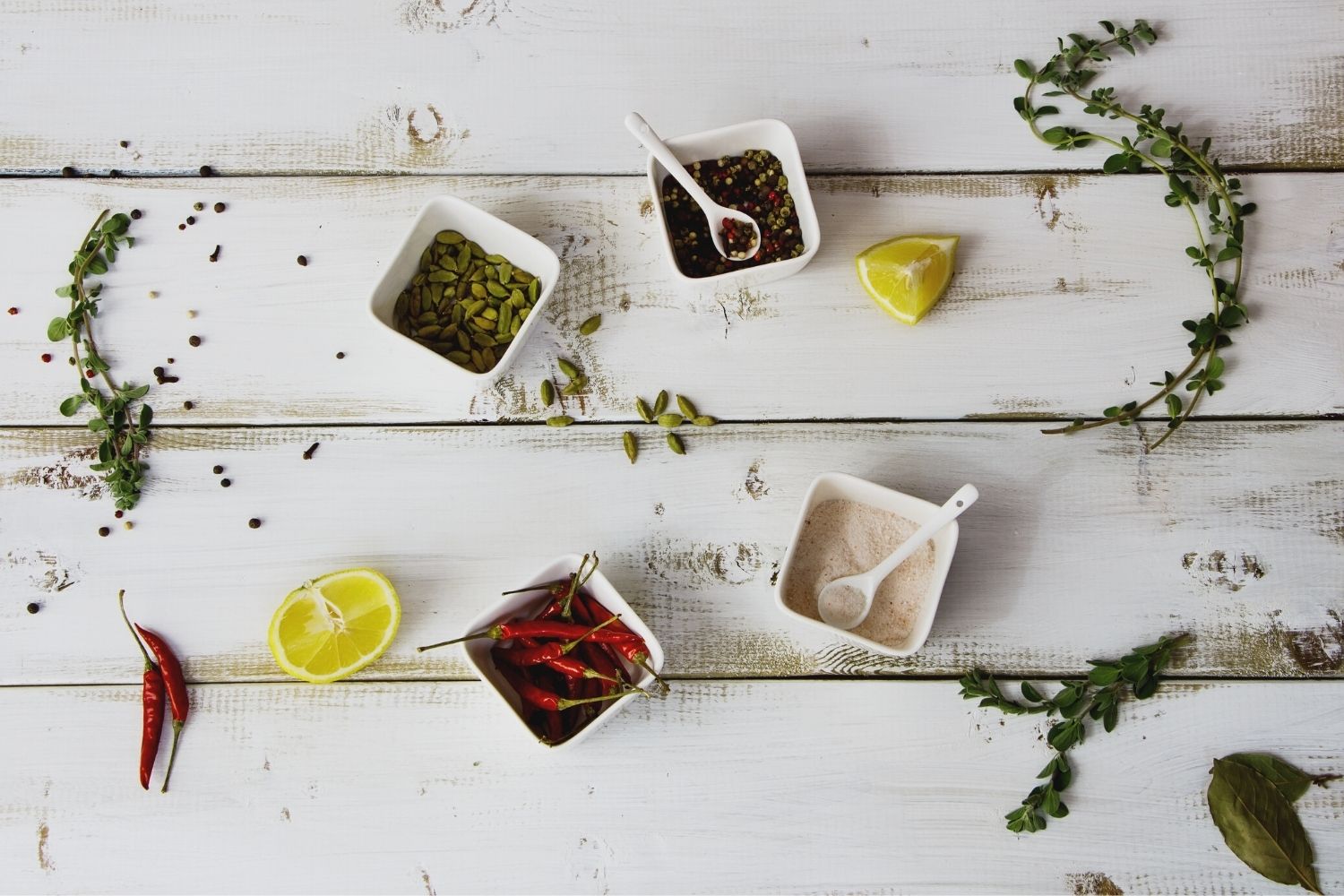Many of us are often trying to do all we can to achieve long, healthy hair. From eliminating hair care products with harmful chemicals to regular trims and upkeep. While we think we are doing our best, our strands still continue to shed and stay stuck at one length. This may be a direct impact of our diets. What you put in your body can impact your hair’s health and certain foods can also encourage hair growth. The following are 5 foods that work to strengthen and lengthen your strands from within.
1. Avocado: It should come as no surprise to you that avocado helps promote hair health as it is often talked about for its nourishing effects. Avocados are rich in omega-3 fatty acids, this is important because the fatty acids contained in avocados cannot be produced by our bodies although they are essential building blocks of our cells. The fatty acids work to deep strengthen hair while increasing shine. A study conducted in 1977 also found that a deficiency in essential fatty acids was linked to greater hair loss. Along with being rich in fatty acids, avocados also contain large amounts of vitamin E which has been shown to encourage longer hair. Vitamin E also works to combat free radical damage and protect your strands from environmental aggressors like UV rays and air pollution.
2. Legumes: Beans and lentils are often categorized as legumes and they are known for being rich in vitamins and minerals like zinc, iron and biotin. They are a great source of protein that is essential for good hair health. Zinc works to aid the hair growth and repair cycle for longer strands. The biotin found in beans works to strengthen the structure of keratin, which is what makes up your hair, skin and nails. This means your strands are strengthened for less breakage and fallout.
3. Citrus: Who doesn’t love snacking on a good orange or grapefruit? Citrus fruits are an excellent source of vitamin C which is extremely helpful in maintaining a healthy head of hair. Vitamin C encourages collagen production and is also a powerful antioxidant that protects your hair from free radical damage. Studies show that free radicals can often be linked to hair loss and graying, so protection from these effects are vital.
4. Eggs: Hair follicles are made up of protein, so a substantial amount of it is needed to maintain stronger, longer, fuller hair. Eggs are a great source of protein and biotin that promotes longer strands. A study conducted in 2017 found that a low protein diet promotes hair loss. Eggs are also rich in biotin, as previously mentioned, this is the building block of the hair protein called keratin.
5. Spinach: Green, leafy veggies are often full of vitamins and nutrients to promote a healthier lifestyle. Spinach is loaded with nutrients like folate, iron and vitamins A and C to encourage stronger hair. The purpose of vitamin A is to help encourage sebum production. This allows your scalp to produce oil and moisturize your scalp to combat dryness and irritation that can lead to dandruff and other scalp conditions. Spinach is also a great source of iron which fuels your metabolism and encourages growth and repair. This is an important nutrient because a 2013 study showed that iron deficiencies were often linked to hair loss.
SOURCES:
Beoy, L. A., Woei, W. J., & Hay, Y. K. (2010). Effects of tocotrienol supplementation on hair growth in human volunteers. Tropical life sciences research, 21(2), 91–99.
Keen, M. A., & Hassan, I. (2016). Vitamin E in dermatology. Indian dermatology online journal, 7(4), 311–315. https://doi.org/10.4103/2229-5178.185494
Skolnik, P., Eaglstein, W. H., & Ziboh, V. A. (1977). Human essential fatty acid deficiency: treatment by topical application of linoleic acid. Archives of dermatology, 113(7), 939–941.
Karashima, T., Tsuruta, D., Hamada, T., Ono, F., Ishii, N., Abe, T., Ohyama, B., Nakama, T., Dainichi, T., & Hashimoto, T. (2012). Oral zinc therapy for zinc deficiency-related telogen effluvium. Dermatologic therapy, 25(2), 210–213. https://doi.org/10.1111/j.1529-8019.2012.01443.x
Trüeb R. M. (2009). Oxidative stress in ageing of hair. International journal of trichology, 1(1), 6–14. https://doi.org/10.4103/0974-7753.51923
Finner A. M. (2013). Nutrition and hair: deficiencies and supplements. Dermatologic clinics, 31(1), 167–172. https://doi.org/10.1016/j.det.2012.08.015
Guo, E. L., & Katta, R. (2017). Diet and hair loss: effects of nutrient deficiency and supplement use. Dermatology practical & conceptual, 7(1), 1–10. https://doi.org/10.5826/dpc.0701a01
Suo, L., Sundberg, J. P., & Everts, H. B. (2015). Dietary vitamin A regulates wingless-related MMTV integration site signaling to alter the hair cycle. Experimental biology and medicine (Maywood, N.J.), 240(5), 618–623. https://doi.org/10.1177/1535370214557220
Park, S. Y., Na, S. Y., Kim, J. H., Cho, S., & Lee, J. H. (2013). Iron plays a certain role in patterned hair loss. Journal of Korean medical science, 28(6), 934–938. https://doi.org/10.3346/jkms.2013.28.6.934


No responses yet